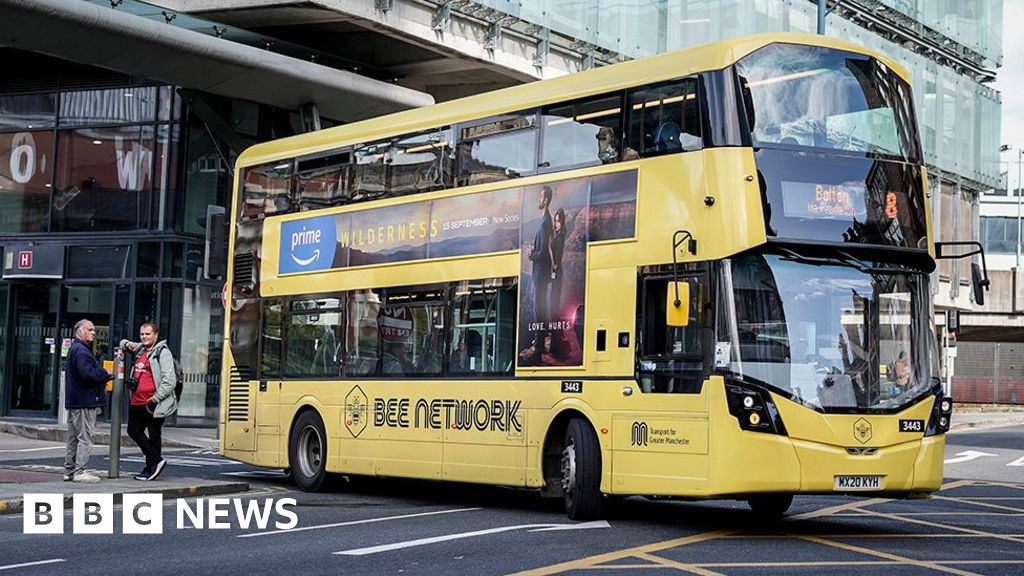Until the 1980s, most bus services were delivered through publicly owned companies, often run by councils, but in 1986 services outside London were deregulated and privatised, leading to the mass sale of council bus companies.
In London a franchising system was introduced, with Transport for London deciding routes, timetables and fares and operators bidding to run services for a fixed fee.
There are only a few areas in England where the local bus company is still owned by the council, and currently only areas with metro mayors can introduce “franchising” to private companies.
Last year, Greater Manchester became the first place outside of London to bring bus services into public control since deregulation. The “Bee Network”, where all-night services have been trialled, has been described as a success, despite facing some teething problems with delays.
In the run-up to the general election, Labour pledged, external it would hand all local transport authorities the power to run their own bus services and lift restrictions on new, publicly-owned bus operators.
Adam Hug, a Labour councillor and transport spokesperson for the Local Government Association which represents councils, welcomed the changes but warned they were not going to be an “overnight fix” for the bus network.
“It’s going to take time and it’s not going to be delivered in the same way in every part of the country,” he said.
(Except for the headline, this story has not been edited by PostX News and is published from a syndicated feed.)

